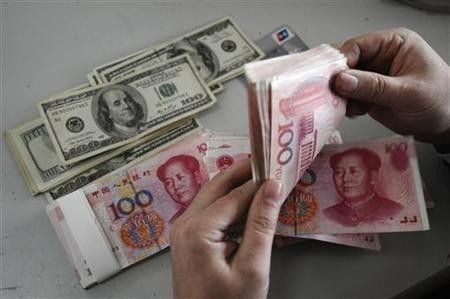Will Premier Wen's Closing Remarks at NPC Affect China’s Property and Exchange Rate Policies

Premier Wen Jiabao's comments at the close of the National People’s Congress on Wednesday have sparked interest in the outlook for China’s property and exchange rate policies and in the prospects for political reform, according to a report by Capital Economics.
Sales nationwide are 35 percent lower so far this year than in the same period in 2011, following a deep slump at the Chinese New Year. However, sales are unlikely to recover significantly till the government signals it's shifting course, says Capital Economics.
However, Capital Economics adds that one point worth noting is Wen’s comment that the reasonable level of prices depends on incomes. With average nominal incomes rising at a double-digit rate, it suggests the government may feel that a period of stable prices, rather than substantial falls, would be enough to bring the market back on track. On that basis, it is expected that efforts to rein in first home purchases will be relaxed in the second half of this year.
Wen has also caused some ripples with his call for political reform but Capital Economics does not think it is significant. He has made similar statements many times before. Nine years into Wen’s ten-year term, Capital Economics does not harbor much hope that the Party will follow through this time.
Also his comments on the currency are more important. Capital Economics points that Wen drew attention to the much lower current account surplus and the reduced expectations of currency appreciation, which is now priced into the non-deliverable. This could suggest that the renminbi may have reached “an equilibrium level.” That would remove an important barrier to the People’s Bank (PBC), relaxing its hold on the currency’s value.
Mark Williams, Chief Asia Economist of Capital Economics, says that the next major step will probably be a widening of the renminbi’s trading band with the dollar. The renminbi is currently allowed to fluctuate by up to 0.5 percent in either direction each day, relative to the opening reference rate that is set by the PBC.
Capital Economics adds that since the renminbi rarely moves anything close to the 0.5 percent each day that is currently allowed, it will be more important to watch how the renminbi actually performs, rather than assume that a policy reform signals a big shift in thinking.
Capital Economics notes that if the PBC truly believes the renminbi is close to its fair value, it will reduce these unilateral overnight interventions.
© Copyright IBTimes 2025. All rights reserved.




















